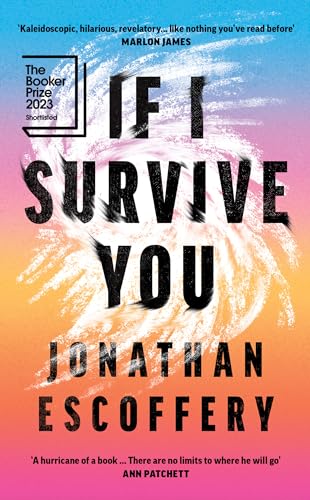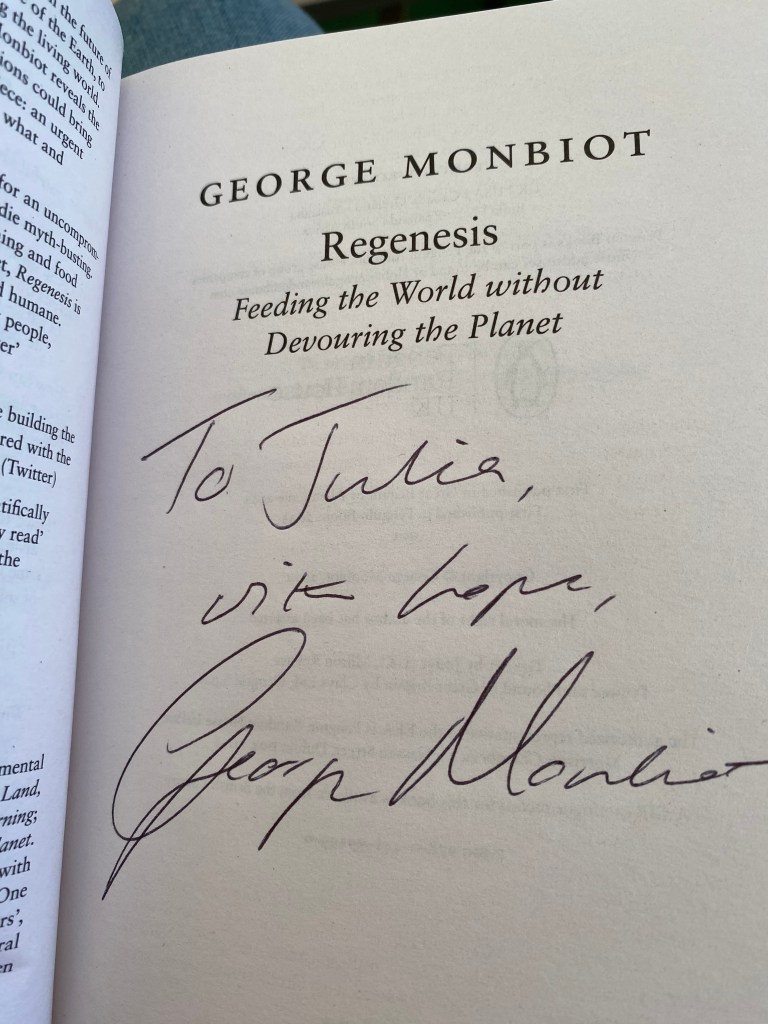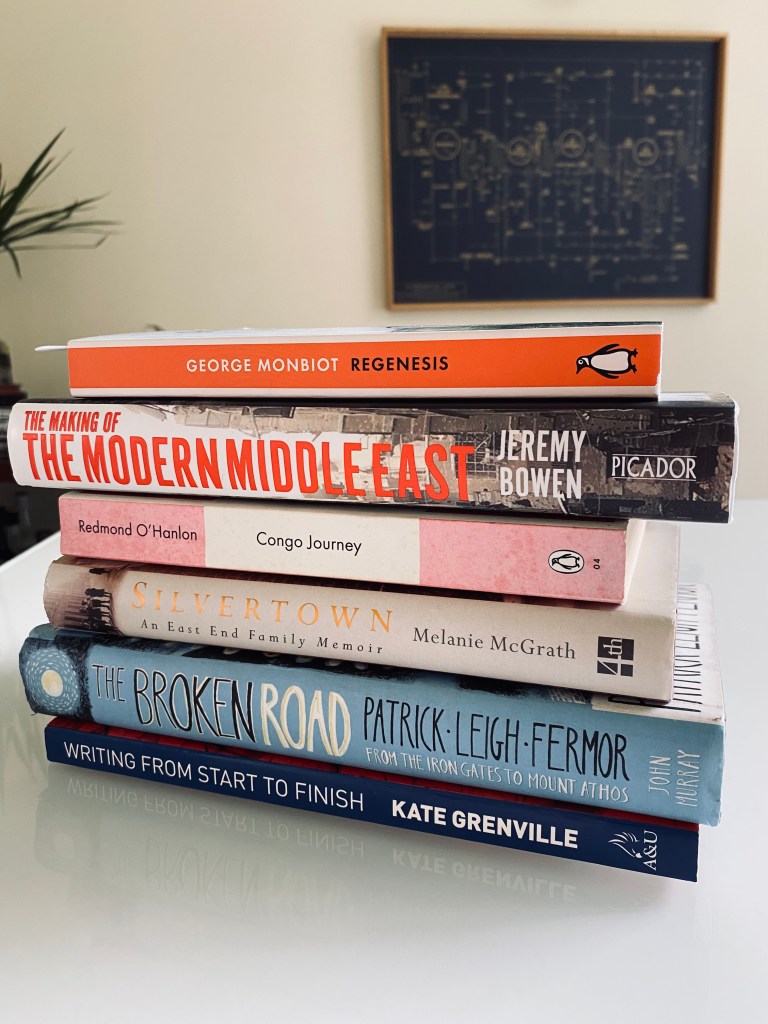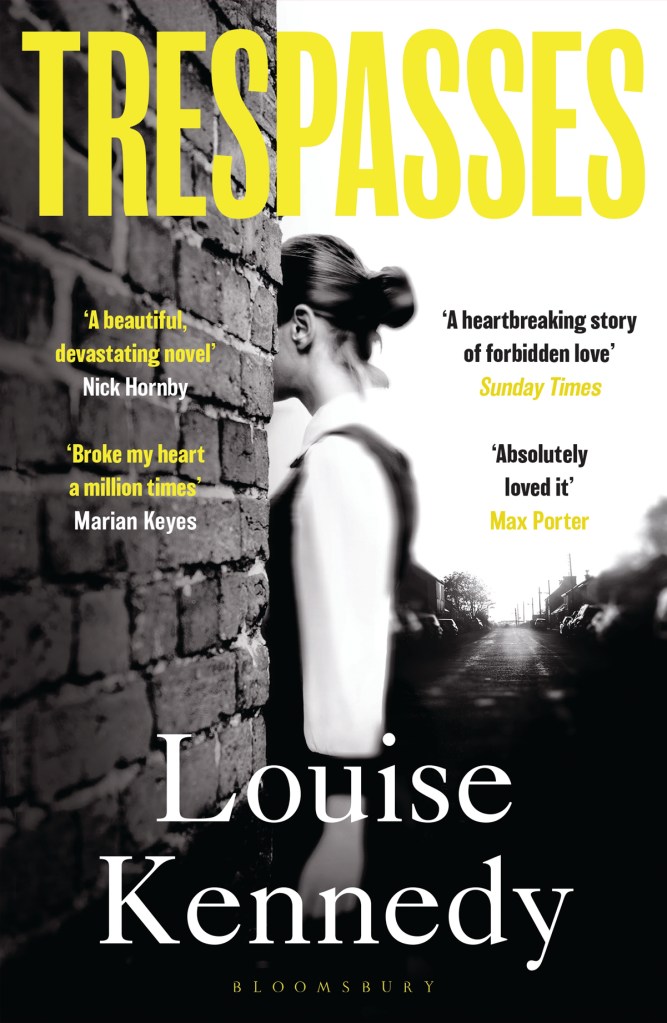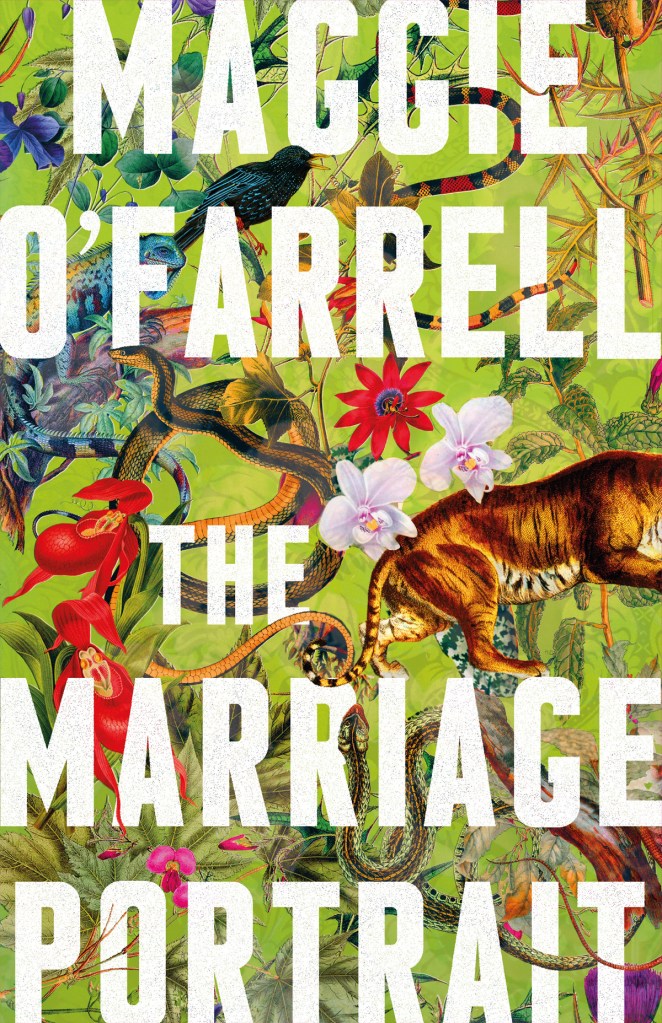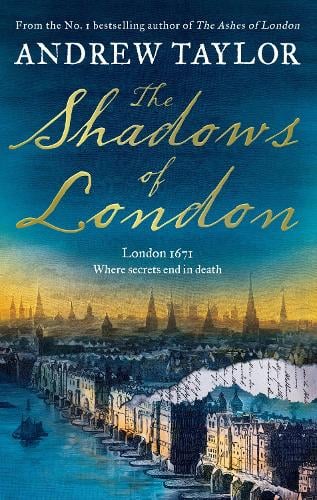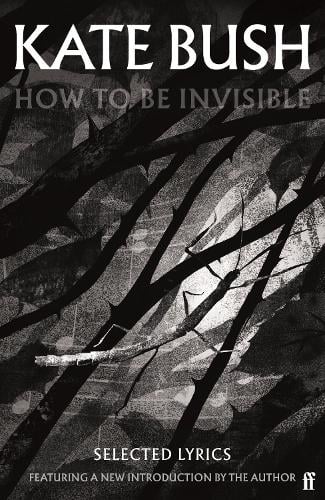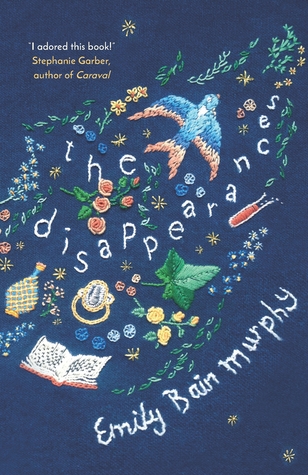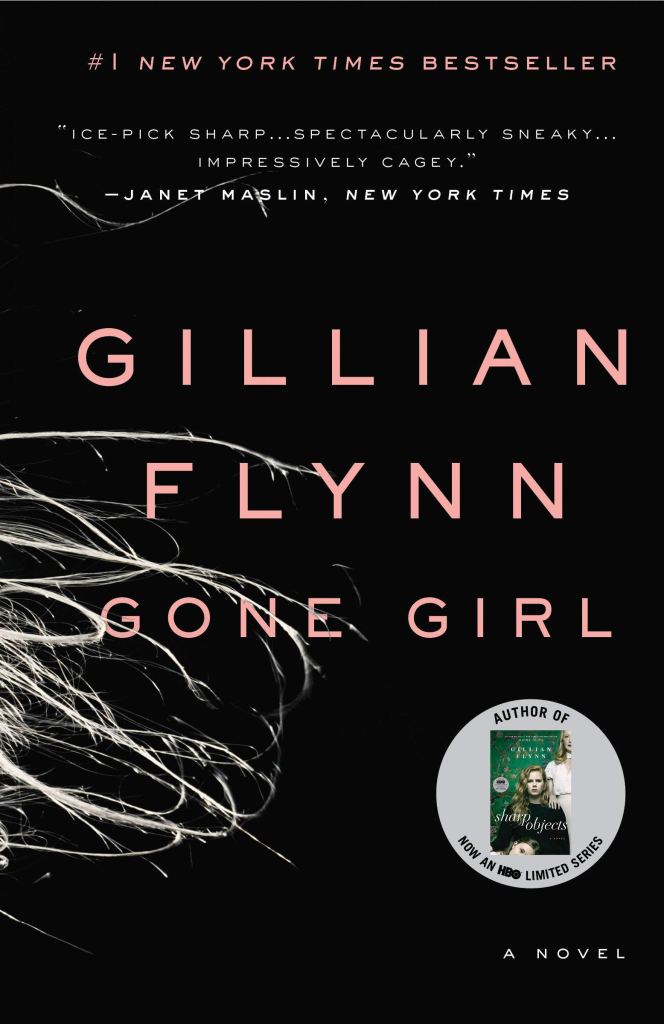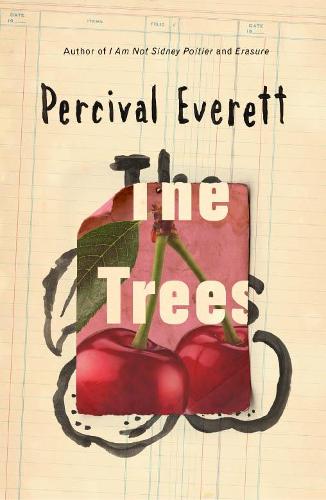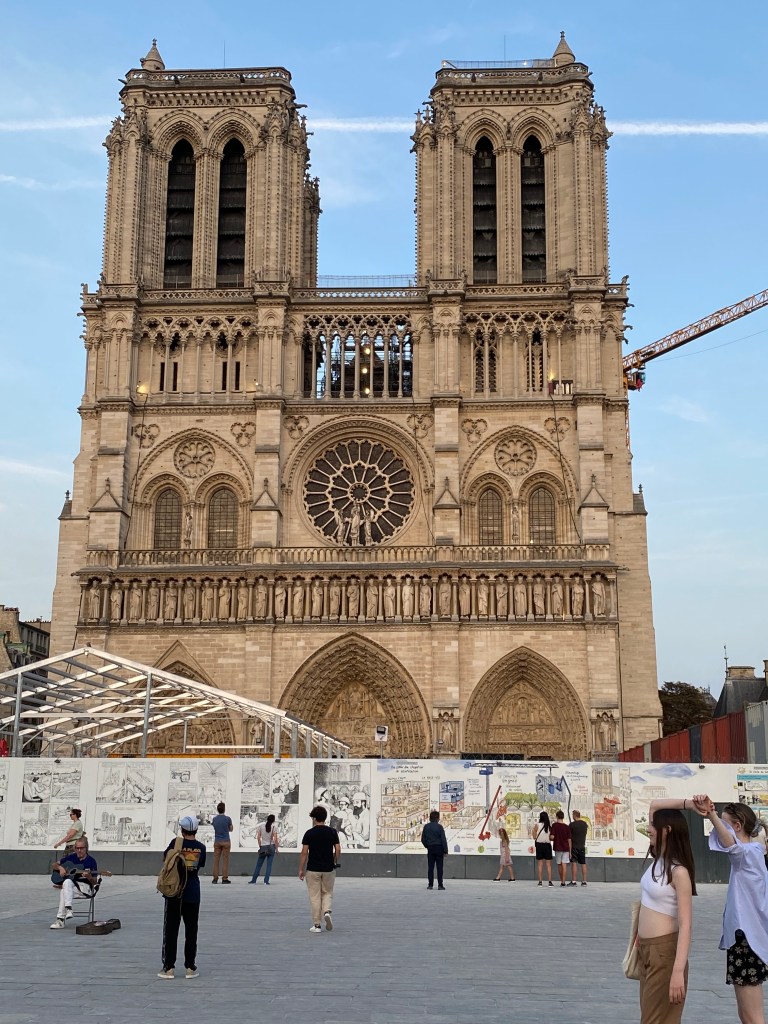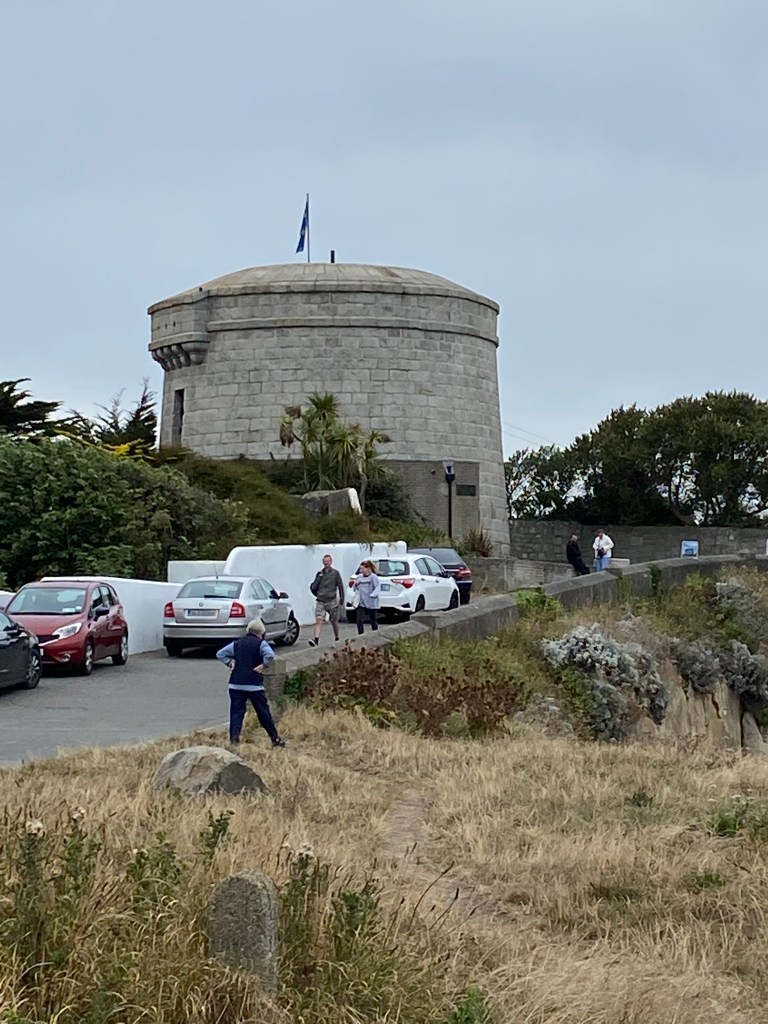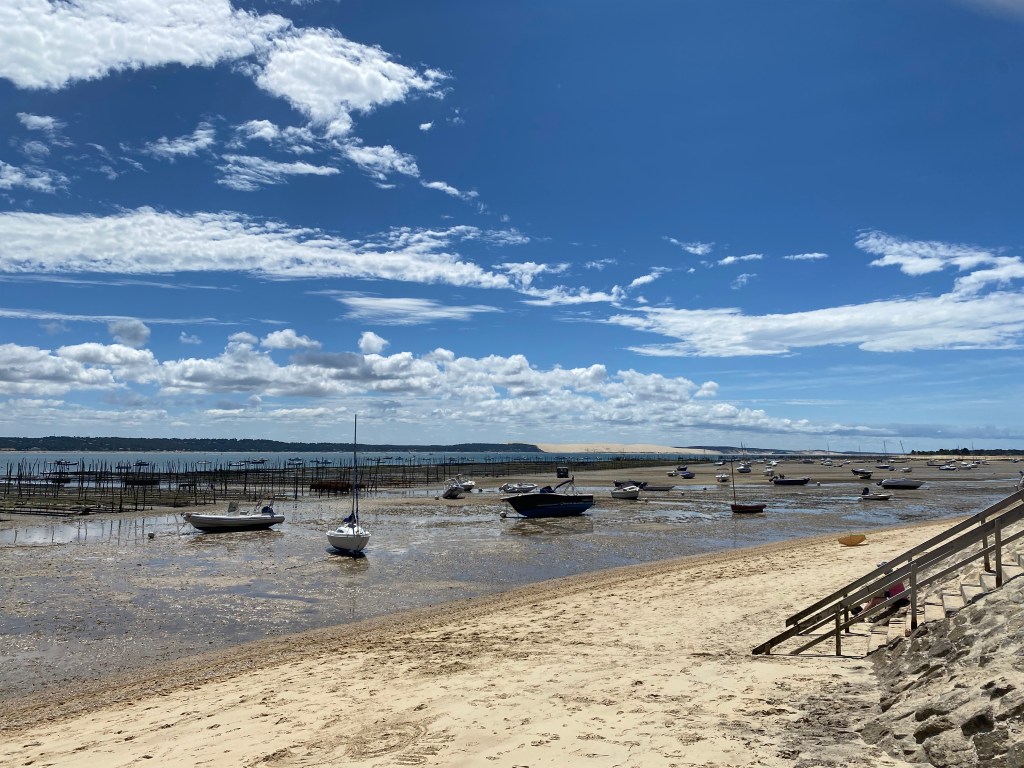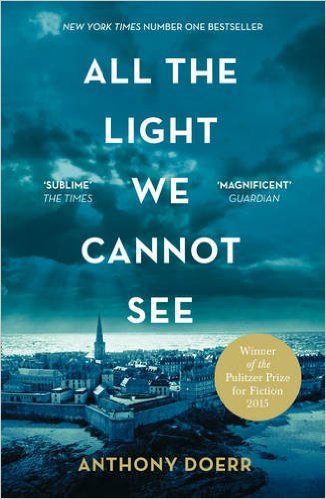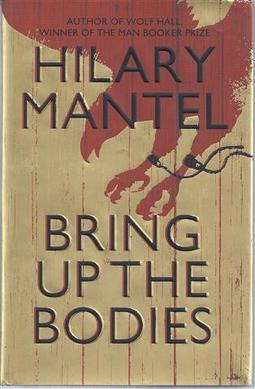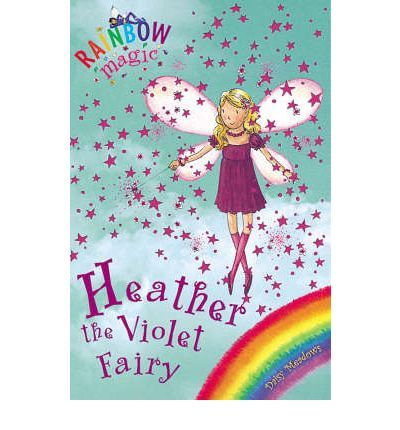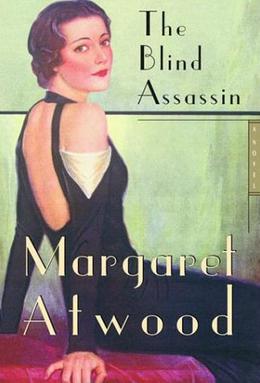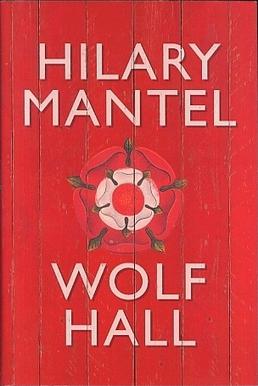It was a great pleasure to hear Children’s Laureate Sir Michael Morpurgo on the Radio 4 Today programme this morning, talking about the BookTrust’s new Reading Together campaign. He is one of my literary heroes and is always worth listening to. Sadly, the subject of his interview, and the motivation behind the launch of the campaign, is evidence from research that children today are having less and less exposure to books.
Some depressing highlights from the research:
- One in five children under the age of 4 years have a book read to them less than once a month. (Yes, I double checked my typing and you have read it correctly.)
- Less than half of children are read a bedtime story.
- Only half of children between the ages of 1 and 2 from low income families are read to daily.
- A quarter of parents with children aged 7 and under find reading with them challenging.
These statistics should alarm us all. The benefits of reading to young children are well-known and undisputed. Being read to early in life not only has benefits for literacy later on, but it is one of the most effective tools for achieving greater social mobility. What is more it can be free – as long as there is a library within walking or easy travelling distance. There is truly nothing not to like about giving young children access to books, lots of books. And best of all, they love it!
I grew up in a working-class household in a deprived part of London. My mum read for pleasure (she adored the late great Catherine Cookson) and only because we could get a free library card and it was something to do with us kids, did we go to the local library a lot. We did not have many books in the house – my parents could not really have afforded them – but Rectory Library in Dagenham was sacred to me. And, quite literally a lifeline for all of my childhood, right up until I went to university. I am completely convinced that had it not been for that happy accident I would not be where I am today. I dread to think how things might have turned out had I been born into this current age of digital distraction – we only had children’s television for a couple of hours a day, for goodness’ sake!
Not only are the statistics from the BookTrust alarming, they are also heartbreaking. Fellow readers, we come from many varied backgrounds but we all share a joy of reading, a love of books. Children today in the UK are being denied access to a habit, a hobby, a lifestyle choice that will not only enhance their life chances, but will bring them untold pleasures! Books are not cheap, but they can be bought cheaply sometimes (eg in charity shops) or accessed for free (libraries). In the UK, a fifth (almost 800) of our public libraries have closed since 2010 and spending in this area has declined by almost thirty per cent. (See this 2019 article in The Guardian. The figures may be worse now.)

It is up to all of us to arrest this decline in every way we can. If you know a child, give them a book or read to them. Donate books you no longer want to charity shops. Support reading charities. And if you are a parent or grandparent, take your young people to a library, perhaps even join a story circle there. I have just started going back to my local library and borrowing books regularly, even though most of the time I don’t get around to reading them before they have to be returned. Sound crazy? It is, but I figure use it or lose it, and if those of us that can afford to buy lots of books (and I do that too) abandon libraries, they may not be there in the future for the people who need them. It is the very least I can do.





